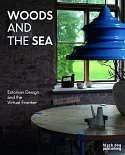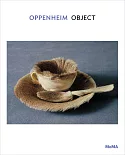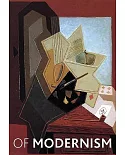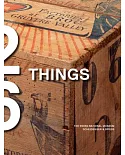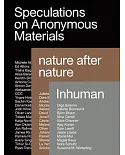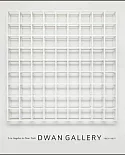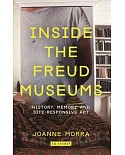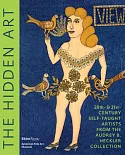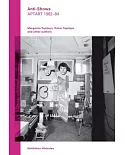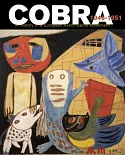During the late 1870s and early 1880s Monet reached a crossroads in his career. Based in Vetheuil and later at Poissy, he was often short of money and, even though radical thought and new
scientific developments continued to inform much of his work of this period, he was also obliged to consider a more conventional approach, often catering to the market. During the 1880s he
rethought his earlier emphasis on modernity and developed his skills as a painter of pure landscape, culminating in the experimental works he produced on the Normandy coast. This collection of
essays, many by leading scholars in the field, looks in depth at the political, economic, scientific, religious, literary and art historical context for this complex and often contradictory
period in Monet's life.


